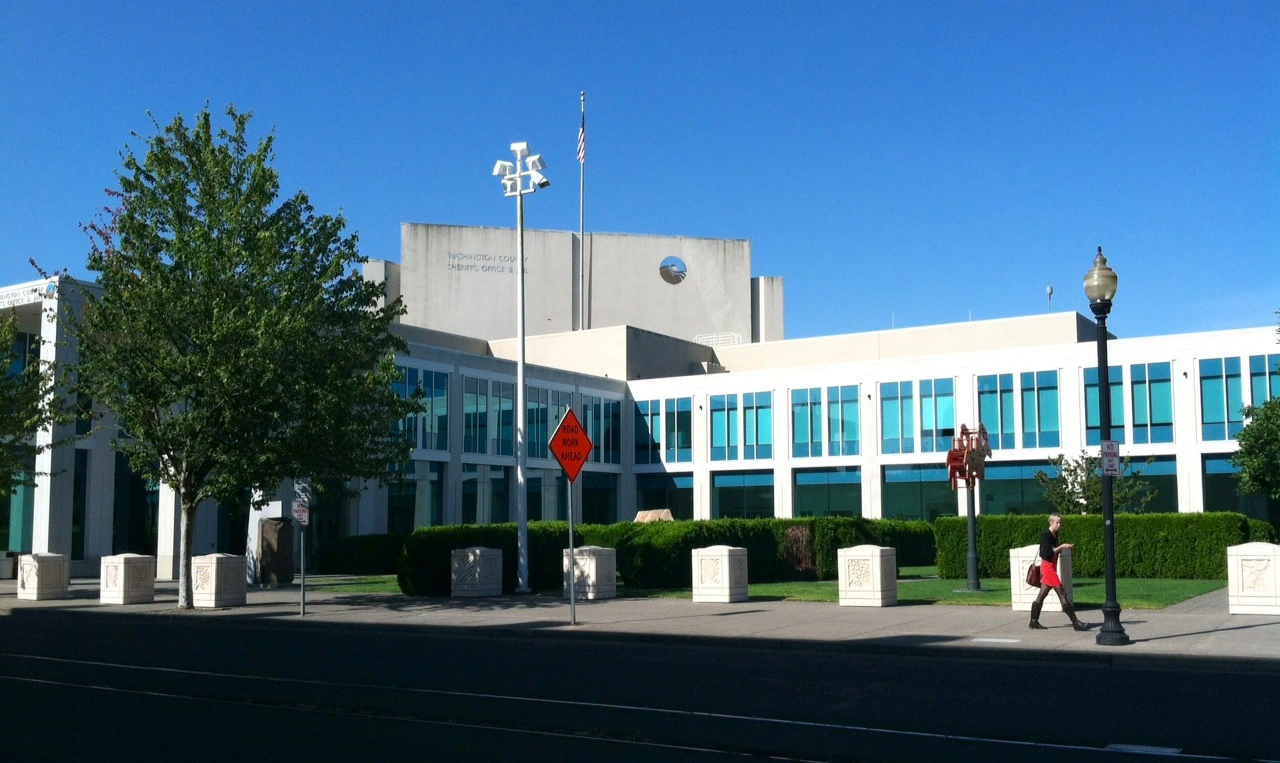Copyright The Oregonian

Washington County voters appeared poised to approve a property tax hike to fund local law enforcement Tuesday night. Partial results tallied as of 8 p.m. Tuesday showed 57% of voters approving the measure. County leaders asked voters to approve a 19-cent increase to the county’s public safety levy, bumping the rate homeowners pay from 47 to 66 cents per $1,000 of assessed property value. A property owner with a home valued at $348,600 would pay around $230 a year, up from the current $164. “The public safety levy helps ensure we have funding to keep Washington County a safe place to live, work, and raise a family,” District Attorney Kevin Barton said in an October statement to The Oregonian/OregonLive. “The levy funds critical public safety services — such as prosecutors, sheriff’s deputies, and jail beds — that help protect all members of our community.” Washington County Safe Communities, a campaign committee supporting the measure, raised more than $56,000 this year, according to campaign finance records. The campaign received $15,000 from Nike, $15,000 from Columbia Sportswear and its CEO Tim Boyle and $10,000 from Patricia Reser, board chair for Reser’s Fine Foods. The levy pays for prosecutors who handle child abuse and child pornography cases, efforts to curb drug trafficking, domestic violence prevention and 56 jail beds, among other things, according to an explanatory statement from the county. The updated levy will also help fund a mental health response team and addiction services for youth, documents for the measure showed. The public safety tax currently accounts for around 16% of the county’s criminal justice funding, funding more than 167 public safety and justice jobs, according to a proposal for the levy. The levy would have expired in June 2026 if voters didn’t approve the renewal Tuesday. The levy will raise an estimated $337 million over a five-year period ending in 2031. Voters first approved the measure in 2000, setting the levy at 43 cents, county records show. They subsequently rejected its renewal in 2004, and the county used general fund dollars to cover costs until voters approved a new measure in 2006. Voters last greenlit the levy in 2020, with 55% approval.



